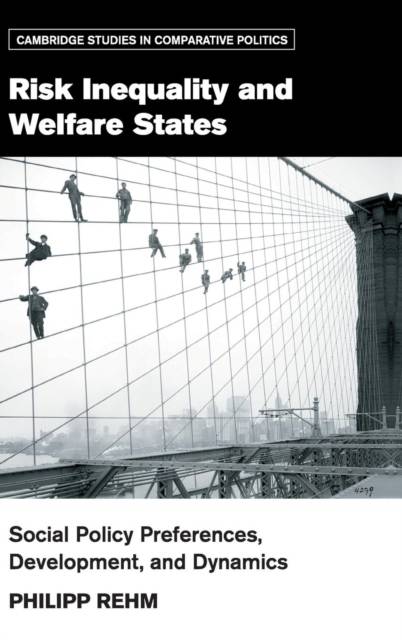
- Afhalen na 1 uur in een winkel met voorraad
- Gratis thuislevering in België vanaf € 30
- Ruim aanbod met 7 miljoen producten
- Afhalen na 1 uur in een winkel met voorraad
- Gratis thuislevering in België vanaf € 30
- Ruim aanbod met 7 miljoen producten
Zoeken
Omschrijving
The transformation of night-watchman states into welfare states is one of the most notable societal developments in recent history. In 1880, not a single country had a nationally compulsory social policy program. A few decades later, every single one of today's rich democracies had adopted programs covering all or almost all of the main risks people face: old age, sickness, accident, and unemployment. These programs rapidly expanded in terms of range, reach, and resources. Today, all rich democracies cover all main risks for a vast majority of citizens, with binding public or mandatory private programs. Three aspects of this remarkable transformation are particularly fascinating: the trend (the transformation to insurance states happened in all rich democracies); differences across countries (the generosity of social policy varies greatly across countries); and the dynamics of the process. This book offers a theory that not only explains this remarkable transition but also explains cross-national differences and the role of crises for social policy development.
Specificaties
Betrokkenen
- Auteur(s):
- Uitgeverij:
Inhoud
- Aantal bladzijden:
- 264
- Taal:
- Engels
- Reeks:
Eigenschappen
- Productcode (EAN):
- 9781107108165
- Verschijningsdatum:
- 31/05/2016
- Uitvoering:
- Hardcover
- Formaat:
- Genaaid
- Afmetingen:
- 154 mm x 239 mm
- Gewicht:
- 508 g

Alleen bij Standaard Boekhandel
+ 383 punten op je klantenkaart van Standaard Boekhandel
Beoordelingen
We publiceren alleen reviews die voldoen aan de voorwaarden voor reviews. Bekijk onze voorwaarden voor reviews.








